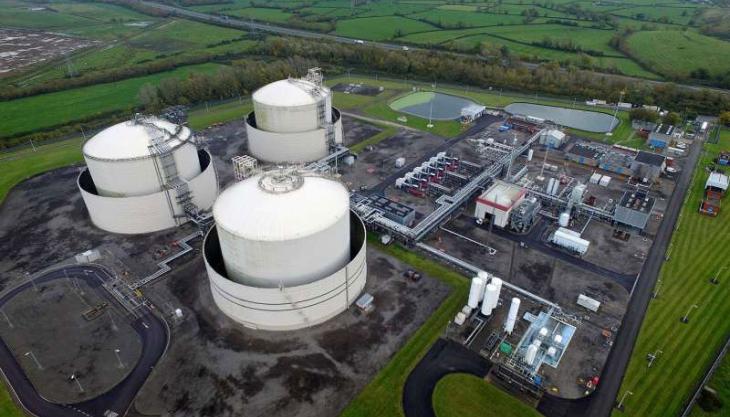Flogas building LPG pipeline to Avonmouth

Project represents biggest capital investment in the history of the UK off-grid gas market
FLOGAS Britain, one of the UK’s leading liquefied petroleum gas (LPG) suppliers, have revealed plans to construct a gas pipeline into what will become the nation’s largest above-ground LPG storage terminal, at Avonmouth, near Bristol.
As announced in July, work has commenced on the Avonmouth facility which will see it converted from LNG (liquefied natural gas) to LPG storage. It is estimated the terminal will be operational by the summer 2022, with completion of the pipeline expected in 2024.
Starting at Bristol port, the pipeline will largely follow existing routes through predominantly industrial areas to the Flogas Avonmouth storage facility.
Running underground for most of its course, the twin-pipeline will vastly increase the availability of LPG, allowing up to 20,000 tonnes of commodity to be safely and securely discharged from a ship in 24 hours.
Once operational, the site will play a crucial role in facilitating the decarbonization of off-grid Britain, in line with the Government’s 2050 net-zero target.
Additionally, and consistent with Flogas’ 2040 vision to build a lower-carbon future for off-grid homes and businesses, the facility will possess the capability to import and store bio-LPG, which is a chemically identical renewable alternative.
The pipeline is part of a £100 million capital investment in the Avonmouth storage terminal by Flogas, the largest in the history of the UK off-grid gas market, all of which is coming from the private sector.
Lee Gannon, Flogas Britain’s managing director, said: ‘The scale of the investment demonstrates very clearly our commitment to our customers and the decarbonization challenges that lie ahead for all of us.
‘As demand grows, Flogas will be at the heart of providing much greater security of LPG supply to commercial and residential customers nationwide.
‘The addition of the pipeline at Avonmouth is a huge step towards helping off-grid homes and businesses transition from high-carbon fossil fuels to a drop-in low-carbon alternative which will reduce the nation’s carbon footprint, whilst supporting the Government’s ambition to achieve its Clean Growth Strategy objectives.’









